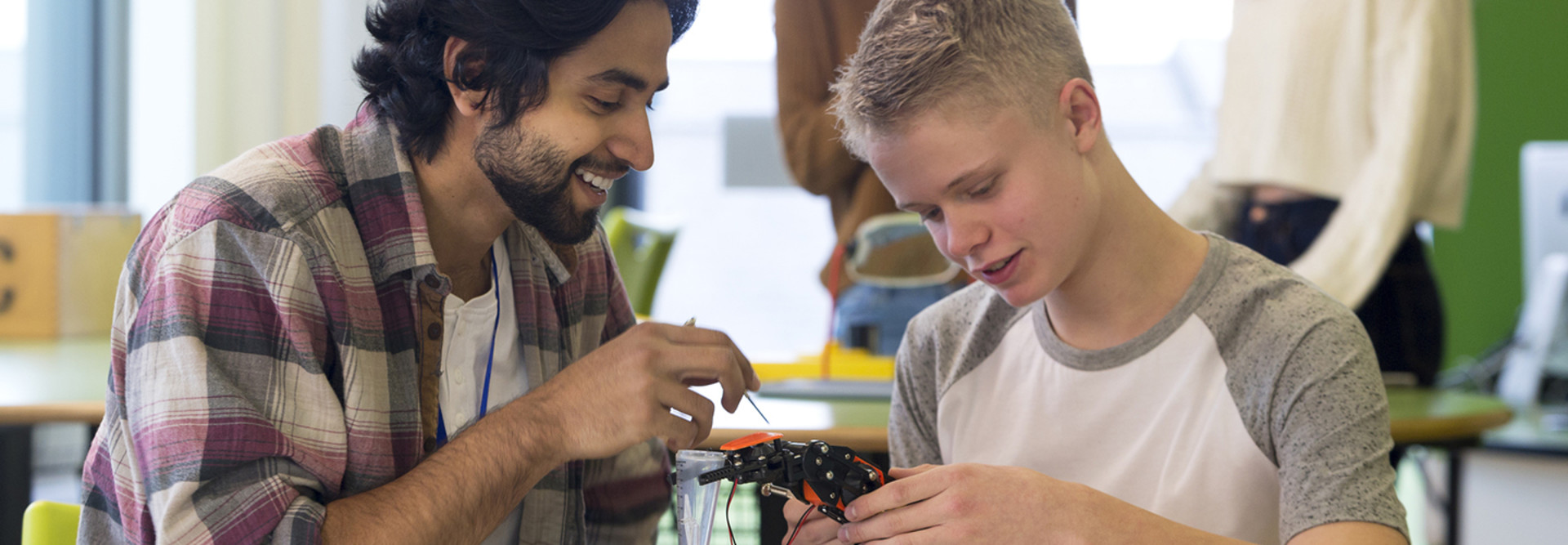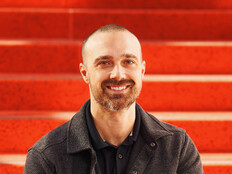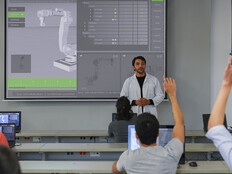MIT, Massachusetts Charter School Partner to Foster Future-Ready Students
When Atlantis Charter School was founded, the goal was to bring more opportunities to the students of Fall River, Mass.
“We were in the midst of launching a brand new high school and we wanted to distinguish ourselves from every other high school,” says Michael Lauro, the associate executive director of Atlantis Charter School. “I think what sets us apart is our ability to work with local industry and local higher education partners.”
Over the course of establishing their high school, Lauro and Atlantis’ executive director, Robert Beatty, made sure their curricula would prepare students for college and their future careers.
“Kids are coming into college, and they are going out into careers, and they’re not prepared for what’s expected of them,” says Beatty. “We committed to ourselves, to our kids and to our families that we would not allow those gaps to be created.”
One such skill gap that Lauro and Beatty wanted Atlantis to address was the lack of science, technology, engineering and math (STEM) education in K–12. Thanks to a partnership with the Massachusetts Institute of Technology, kids at Atlantis Charter School are gaining college-level STEM skills.
Providing an MIT STEM Education at the K–12 Level
When Atlantis reached out to MIT for help in crafting their STEM academy, Lauro and Beatty say they received only encouragement to help foster an innovative program.
Faculty from MIT’s brand new Integrated Design & Management (IDM) program stepped up to help Atlantis craft a STEM program with a huge focus on the iterative engineering design process using hands-on tools, like computer-aided design (CAD) and 3D printers.
“The idea is to teach these teenagers how to become effective entrepreneurs using solid business practice, but also using an understanding of the power of design,” says Matt Kressy, the founding director of MIT’s IDM program.
Using what they learned in founding IDM at MIT’s campus, Kressy and his team established a program at Atlantis that not only teaches STEM skills but also teaches students how to use thoughtful design to solve problems in their neighborhoods and the world.
“We feel very strongly that if the design process is used by more people in whatever problem they are trying to solve, the world will be a better place,” says Kressy. “We felt that if we started to roll it out at an earlier age it would become part of the integral thought process of these teenagers, like reading, writing and grammar.”
Beatty and Lauro hope that by giving students in Fall River — which has suffered in recent years due to declining demand for industrial jobs — access to these skills, they’ll be able to help boost the prosperity in their community.
“If we can produce kids that are going to great colleges to do great work and are prepared to enter high-tech jobs or the jobs of the future that are in this area, there’s sort of this idea that we’re contributing to a rising tide that lifts all boats,” says Beatty.









